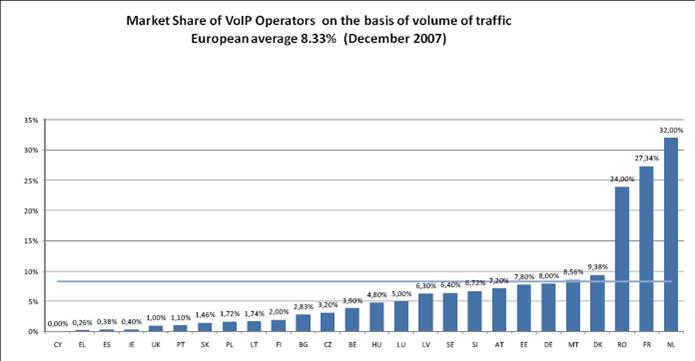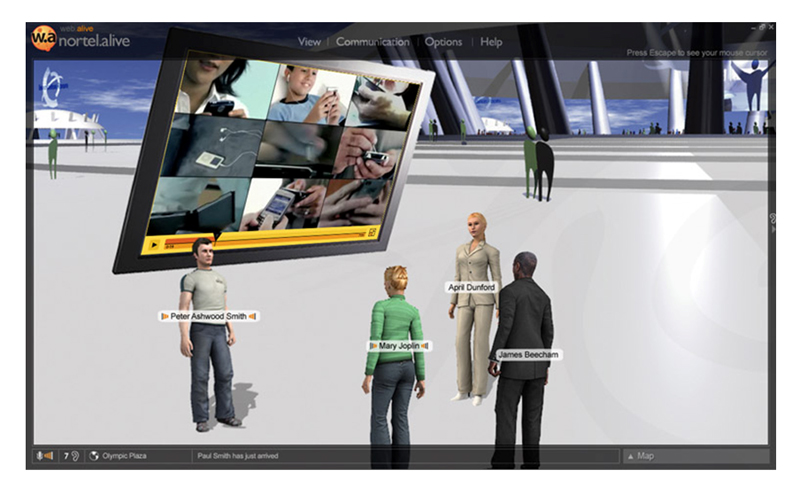Oracle has been in the news recently with the acquisition of Sun. One of the prizes that comes with this purchase is Open Office. This probably would have fitted in very well with Oracle’s Network Computer play of ten or more years ago – I remember visiting Oracle at the time to try and design in some networking components.
Lack of cheap high speed connectivity is what brought Oracle’s efforts to a halt in the 1990s. Today the environment is completely different. Today, however, I don’t see Oracle playing in the space. Instead the spotlight is on Google and what can be seen under the bright lights, understandably, bears no resemblance to what was there in Oracle’s day.
All the components are there: cheap connectivity which is getting faster and cheaper all the time, a massive cloud computing infrastructure that would have been unimaginable ten years ago and a whole bundle of applications that are easy to use and can be accessed from multiple platforms.
Google is poised to be a massive player in the Unified Communications market, at least in the consumer space and downstream probably for small business as well.
There are already many reasons why people use Google’s online facilities. Google mail, Google Calendar, Google Maps, Google Docs and Google Talk and of course Google the search engine.
When I log onto my iGoogle home page I can already access many features that would traditionally have been the domain of a business based Unified Communications service. From my Google Mail account I can send Instant Messages and have video conversations. I realise there are other services available where this can be done but none have the same potential for integration with other cloud based applications (Microsoft will probably disagree with me here).
Now add mobility. Despite being a clunky initial design, sales of the G1 phone have just hit the 1 million units mark and are forecast by British based analyst Informa Telecoms and Media to overtake the iPhone by 2012. And it is still early days for Android, the open sourced mobile operating system used by Google.
HTC has announced a new Android based smartphone that will support Google Mail, Google Talk, GoogleMaps, and synchronises with Google calendar and contact list. Word also has it that Samsung is also looking to introduce three models later this year. The initial clunkiness will soon be long forgotten.
All this points to more and more users using Google Unified Communications services. This doesn’t mean to say I am tolling the death knell of other UC services. I am not. Business has needs that go beyond what Google offers as a basic service.
Better office tools aka Microsoft Office, integration with other business services such as Customer Relationship Management tools operation behind secure company firewalls etc etc. These services are however becoming increasingly virtualized and hosted in the cloud, just like Google does and like Oracle wanted to do way back when I fitted into a smaller waist trousers.
As far as Unified Communications goes I can see clearly now and the future is in the cloud.






